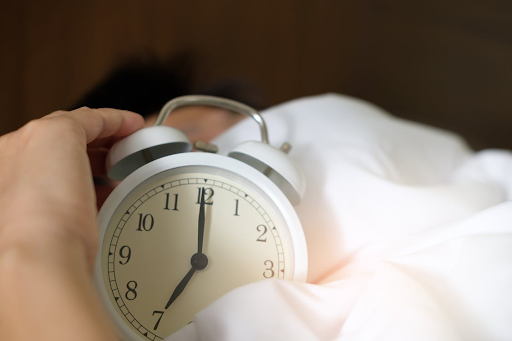We all know how important it is to get at least eight hours of sleep each night. Without it, you may experience mood swings or feel fatigued throughout the day. But did you know that oversleeping can also harm your overall health? Oversleeping for more than nine hours a night may be caused by a health problem, such as a sleep disorder, obesity, heart disease, diabetes, migraines, depression, or other health issues.
Do you think you might be sleeping more than you should? Are you tired from a long week at work, or is there a more significant health problem? ApneaMed discusses how much sleep is too much sleep, what may be causing you to feel lethargic, and how to remedy your sleeping habits.
Am I Getting Too Much Sleep?
The average individual requires anywhere between seven to nine hours of sleep each night to feel rested enough to go about their day. While some may struggle to get this much sleep, whether they’re up late thinking about work, watching television, or taking care of children, others may sleep for far too long. If your body requires more than nine hours of sleep per night to feel rested, you may have an underlying health problem.
Specific industries such as trucking make it difficult for truck drivers to get the recommended amount of sleep each night due to an inconsistent sleep schedule, which leaves them feeling unrested during the day. As a result, their sleep schedule gets out of whack, and they’re likely to experience oversleeping, or one of the many underlying conditions that increase the risk of oversleeping.
What Causes an Individual to Oversleep?
There isn’t a straightforward reason why an individual may be oversleeping, as many health conditions can impact the quality of sleep. If you find yourself sleeping for more than nine hours and still feeling sluggish throughout the day, you need to be mindful of the following health conditions:
- Sleep apnea
- Restless legs syndrome
- Depression
- Bruxism
- Chronic pain
- Narcolepsy
- Delayed sleep phase syndrome
- Idiopathic hypersomnia
When you find yourself oversleeping, you must undergo testing to determine if any underlying health conditions are causing your sleeping trouble. By diagnosing and treating the condition, you’ll improve your quality of sleep, resulting in you sleeping for the recommended seven to nine hours each night.
Schedule a Sleep Apnea Test with ApneaMed
If you find yourself oversleeping night after night, it’s time to consider getting tested for sleep apnea. ApneaMed provides you with everything you need to administer a home sleep study and get a diagnosis without leaving the comfort of your home. A home sleep study is more affordable and efficient than a traditional sleep study — making it the ideal choice for those that are always on the go for their jobs, such as truckers.
ApneaMed delivers the sleep apnea test with instructions, so you feel comfortable and confident administering it independently. The device will record your blood oxygen levels, heart and breathing rates, and how often your body moves throughout the night so a board-certified sleep physician can analyze the results.
Following your at-home sleep apnea test, ApneaMed provides you with a recommended treatment, such as CPAP therapy, to resolve your sleep apnea symptoms — helping you get a good night’s sleep to feel well-rested and energized all day.
ApneaMed offers various home sleep tests and in-home breathing equipment to help you treat your obstructive sleep apnea conveniently and effectively. Contact our team to learn more.

